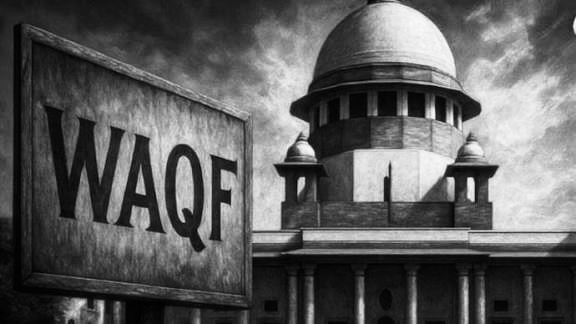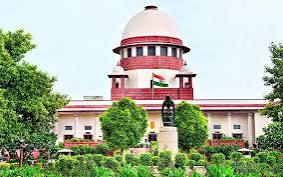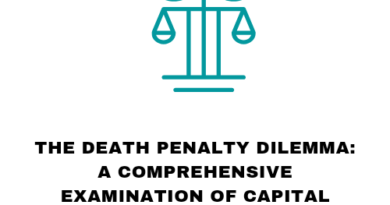A Measured Intervention: Supreme Court Pauses Key Clauses of the Waqf Amendment Act, 2025
In a ruling with far-reaching implications, the Supreme Court of India on September 15, 2025, delivered a critical interim order, pressing pause on several of the most contentious provisions of the new Waqf (Amendment) Act, 2025. While stopping short of a complete stay, the court’s decision signals a significant moment of judicial review, re-calibrating the balance between legislative reform and the constitutional protection of religious endowments.
Key Provisions Under Judicial Scrutiny
The apex court’s order surgically targets the most debated sections of the amendment. The bench placed a temporary hold on the provision granting District Collectors the power to declare a property as government land during a waqf inquiry. This move is seen as a crucial safeguard against potential executive overreach, ensuring that the status of waqf properties is determined through due legal process rather than administrative fiat.
Furthermore, the court stayed the clause requiring a waqffounder (Waqif) to have been a “practicing Muslim for at least five years.” The bench noted this condition was prima facie arbitrary and lacked a clear, workable definition, putting it on hold pending further review. The judgment also addressed the composition of Wakf Boards, directing a cap on the number of non-Muslim members to preserve the community-centric nature of these bodies.
A Calculated Balance
Interestingly, the Supreme Court did not interfere with the Act’s abolition of “waqf by user,” a long-standing principle where property was recognized as waqf through continuous religious or charitable use. In upholding this change, the court acknowledged the legislature’s intent to curb potential misuse and bring more clarity to the identification of waqf properties. This nuanced approach shows the court is not against reform itself, but is carefully examining provisions that could impinge upon fundamental rights and the autonomy of religious institutions.
Conclusion: The Road Ahead
The Supreme Court’s interim order is a masterful exercise in constitutional balancing. It provides immediate relief to petitioners who feared the new Act would dilute the essence of waqf, while allowing the government’s broader reform agenda to proceed on less contentious grounds. The final verdict is still awaited, but this judgment has already set a powerful precedent. It reaffirms the judiciary’s role as the ultimate arbiter, ensuring that legislative changes, however well-intentioned, do not transgress the constitutional guardrails that protect religious freedoms and community rights. The future of waqfadministration now rests on a legal foundation that is being meticulously tested and reshaped by the nation’s highest court.





